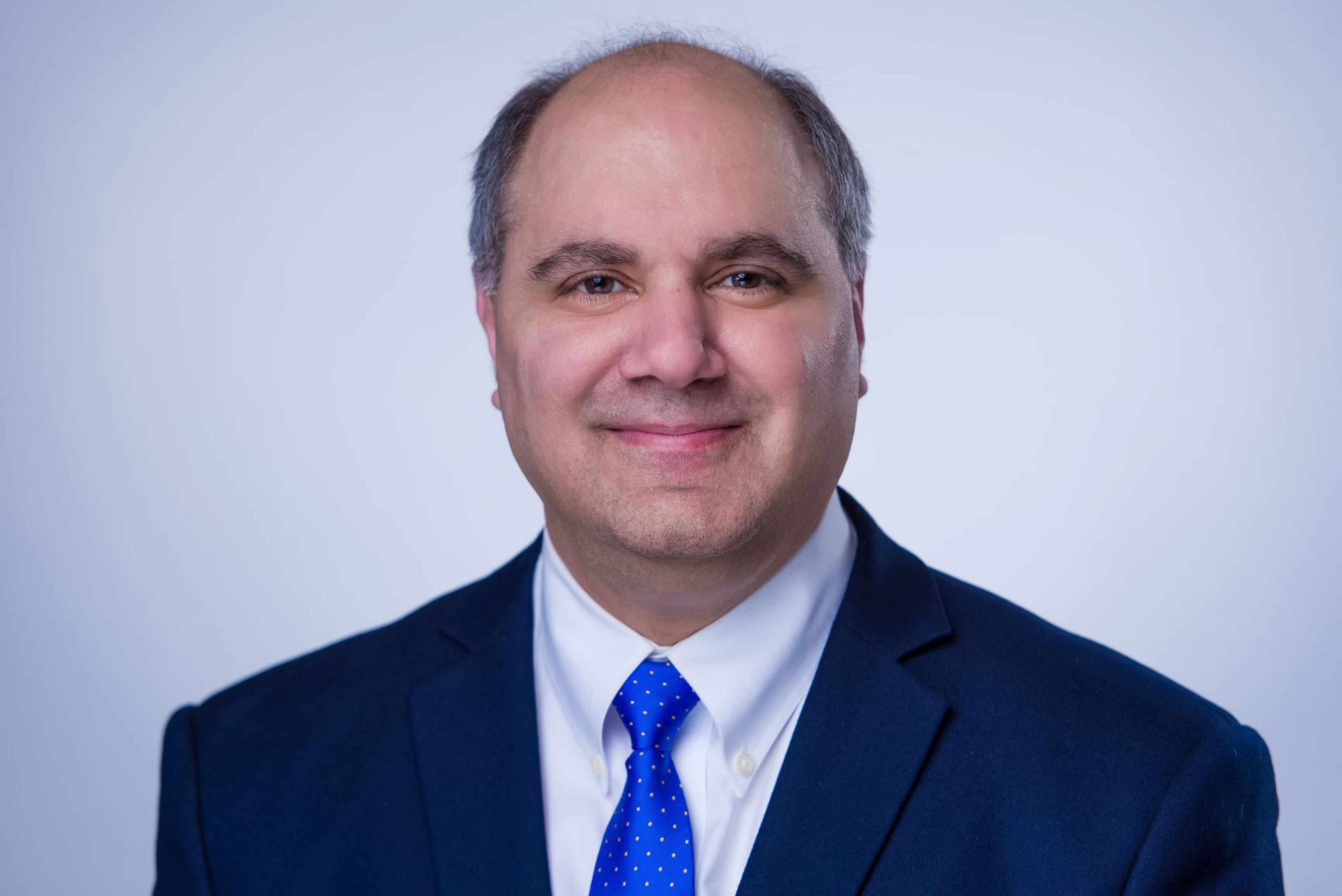Opinion: Travel set to boom when it’s safe
“Dad, she’s on my side!” “Kids, we are not stopping again until we get there!” “Don’t make me stop this car!”
We missed those little annoyances in 2020 when the pandemic canceled road trips and travel. Those harmless grievances are happily anticipated this year and may be coming back in full force, a bit earlier than expected.
Once the population becomes comfortable with the idea of traveling again, the United States could see growth in travel patterns that have not been witnessed in years. Indicators are pointing to historic pent-up demand for travel. Two-thirds of the nation cannot wait to take a long vacation. Travel advisors report savvy travelers eager to get moving again have already booked many of the best spots at prime destinations and that many resort hotels are booked solid for late 2021. Tour operators are fielding calls about travel bookings for early next year. Travel intentions increase each month, encouraged by rising vaccination rates.
Consider how many times you have told yourself over the last several months, “After I get the vaccination, I can’t wait to visit mom! Marietta! Mongolia!” Now take yourself and multiply it by millions.

The U.S. and Canadian economies will hit a comfortable stride in late spring or early summer of this year. Goldman Sachs forecasts the U.S. economy will grow 6.6% over the next twelve months, rates that haven’t been seen since Ronald Reagan’s 1983 economy. Why? People will be willing to get out, spend, and more importantly, splurge on travel.
Israel is a prime example: one-third of its population has already been inoculated, COVID-19 infection rates have tumbled, and this has spurred a flourishing economy.
Adam Sachs of Tourism Economics phrased it powerfully: you cannot have an economic recovery without a travel recovery. The two are inseparable. And numerous workers will be needed to fuel the recovery - especially in the services sector.
Many travel-related organizations have helped the U.S. prepare for the ensuing demand. Organizations dedicated to economic development through travel curtailed spending and staff, yet continued to market area assets and attractions. In the Peach state, aspirational travel has been strongly promoted by entities such as Explore Georgia, Atlanta Convention and Visitors Bureau, Atlanta-based Travel South USA, and industry groups like Georgia Hotel and Lodging Association, Georgia Restaurant Association, Georgia Association of CVBs, and many others, have helped keep the industry afloat. “When the time is right” is an oft-heard tagline, wisely leaving the timing decision to the potential visitor. That time may soon be upon us.
Care to go overseas like many desire to do? You will be greeted warmly when travel restrictions are relaxed. The importance of the American traveler cannot be overstated. Hospitality businesses around the globe claim travelers from other countries cannot make up for American tourists because they simply do not spend as much money. “American tourists are very important,” said one Greek entrepreneur. “They outspend by about three to one and they use deluxe properties.”
Experts in fields outside of hospitality, such as Bill Gates, have declared that business travel is dead and will never return to pre-2020 levels. However, the same sentiment was echoed in 2009 after the Great Recession, in 2001 after the Twin Towers attack and the tech stock bubble collapse and in 1991 after the Gulf War. Each time these prophets were proved wrong with old visitation records shattered and new ones created. Do we see a pattern here?
The large elephant in the room is the question of when is it safe to travel? There is no right answer.
As in all choices in American life, that decision ought to be left to the consumer on when he or she believes the moment is right. Some are currently traveling, taking advantage of value rates and fewer travelers, while others use a more-nuanced approach. The Centers for Disease Control and Prevention provides reliable guidance on best protocols when one wants to journey: physical distancing, consistent mask use and rigorous cleaning of surfaces. Organizations such as Marriott are offering COVID-19 testing kits to help instill confidence and provide solutions for meeting professionals and attendees. Travel organizations recognize it is in the best interest of the guest and future business to fully follow CDC standards and be allies in the recovery. These providers know they have one chance to get it right with the visitor; get it wrong and it will irreparably damage the primary source of travel planning – a referral from a friend or family member.
The next time you encounter visitors to your area, thank them for visiting your community, for supporting local jobs and for demonstrating that it is safe to travel again. The next time you happen upon hospitality workers – hotel, restaurant, attraction, event, meeting - thank them for providing a memorable experience that opens the door for repeat visitation and increased economic activity. It is estimated that nine out of 10 corporate relocations occur due to someone in a C-level suite visiting a city or region for a business conference or family vacation; a positive experience reveals the community’s potential and opens the door to a potential move. Travel is the portal for future economic development.
So, this year when on a road trip and you hear those tiny voices in the backseat ask, “Mom, how much longer?” know that, to countless many in the travel industry those words have never sounded sweeter.
Neville Bhada is the CEO of Tourism Skills Group, a Marietta-based strategic planning firm. He also teaches in the University of Georgia’s Hospitality and Food Management program.

